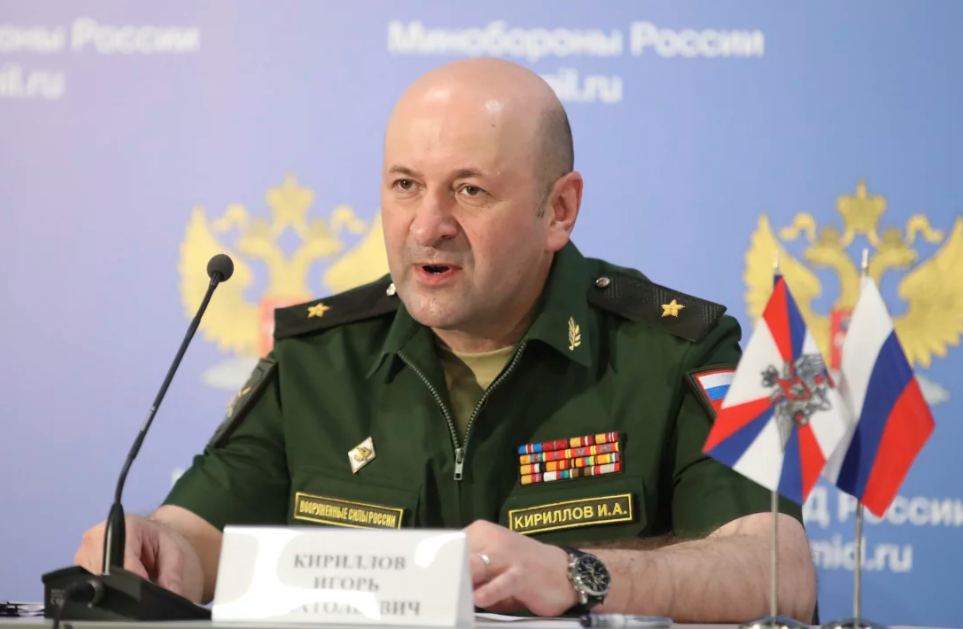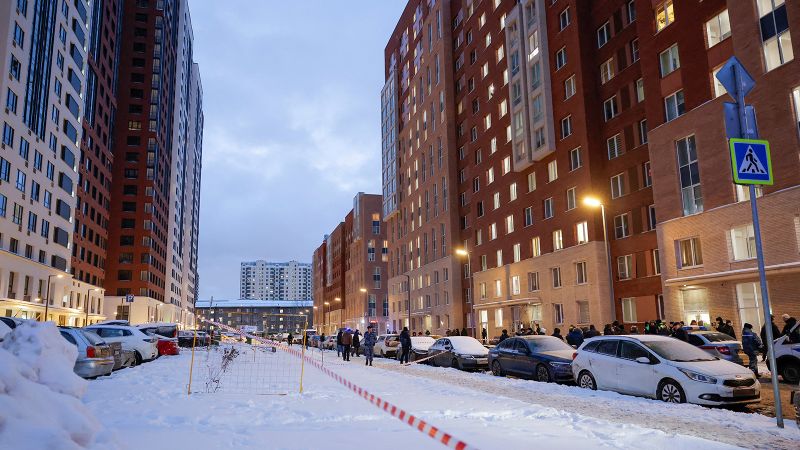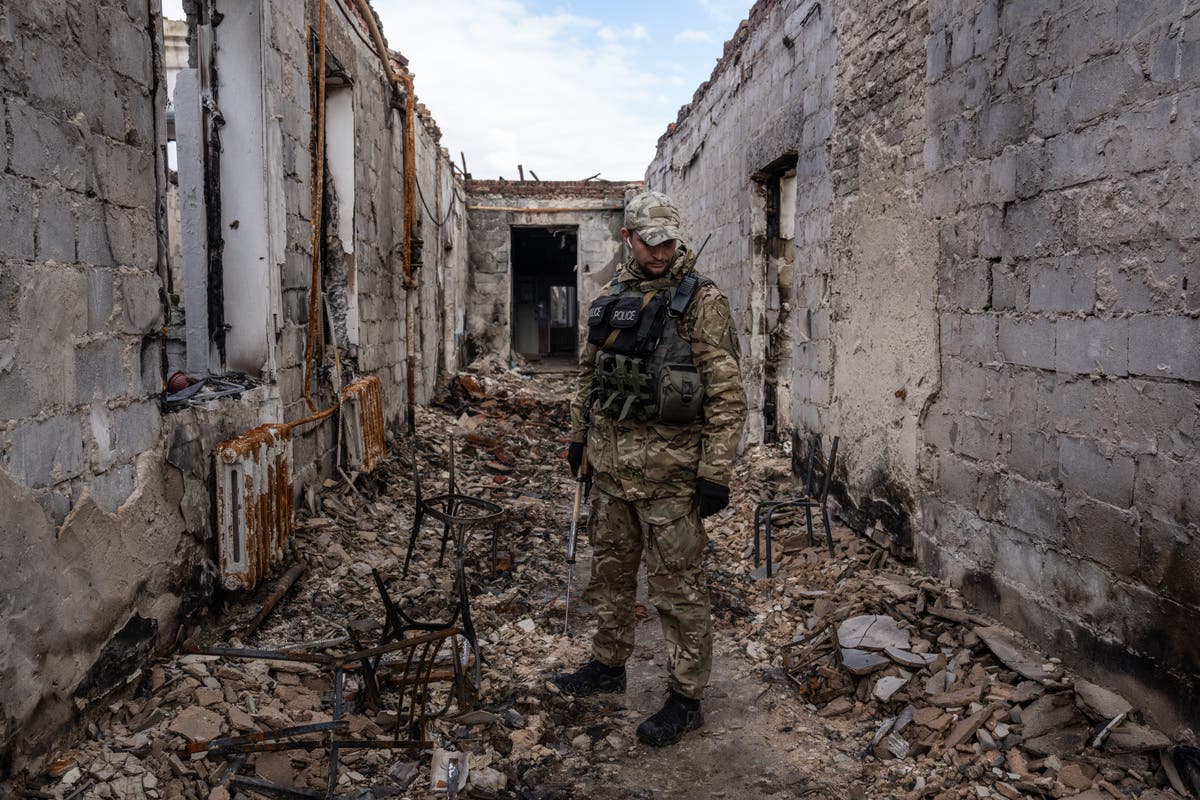
Why did Russia invade Ukraine?
The IndependentFor free real time breaking news alerts sent straight to your inbox sign up to our breaking news emails Sign up to our free breaking news emails Please enter a valid email address Please enter a valid email address SIGN UP I would like to be emailed about offers, events and updates from The Independent. In response to the ever-growing sense that his invasion has backfired, Mr Putin staged a televised address in September in which he ordered a partial military mobilisation of 300,000 reservists and reiterated his threat to use nukes against the West, a major escalation of his rhetoric in which he assured the world: “It’s not a bluff.” Vladimir Putin The Kremlin’s faltering troops, otherwise saddled with outmoded equipment and sub-standard supplies, have employed brutal siege warfare tactics throughout the war, surrounding Ukraine’s cities and subjecting them to intense shelling campaigns, a strategy previously seen in Chechnya and Syria. However, US president Joe Biden, his European counterparts Rishi Sunak, Emmanuel Macron and Olaf Scholz and UN secretary general Antonio Guterres have all condemned the Kremlin’s “unprovoked and unjustified” invasion and promised to hold it “accountable”, with the West introducing several rounds of tough economic sanctions against Russian banks, businesses and oligarchs while supplying Ukraine with additional weapons, hardware and defence funding. Of the latest aggressions against Bakhmut, the deputy commander of Ukraine’s Svoboda battalion, Volodymyr Nazarenko, said: “The city, the city’s suburbs, the entire perimeter, and essentially the entire Bakhmut direction and Kostyantynivka are under crazy, chaotic shelling.” But after months of costly and violent warfare like this, it is believed that Russian citizens are finally beginning to see through the fog of Kremlin propaganda and understand Mr Putin’s misjudgement of the war for what it is, the aggressor having suffered devastating losses and economic consequences as a direct result of its leadership’s actions. At the time, Mr Putin warned: “To those who allow themselves to make such statements about Russia, I would like to remind you that our country also has various means of destruction, and for some components more modern than those of the Nato countries.” The threat was the most significant suggestion of the use of nuclear weapons by a leader with access to those weapons in decades and threatened to return Washington and Moscow to the height of tensions not seen since the Cold War.
History of this topic

‘Should have invaded Ukraine earlier’: Vladimir Putin tells Russians in year-end address says
Live Mint
Will Vladimir Putin end the war with Ukraine because of Trump?
India Today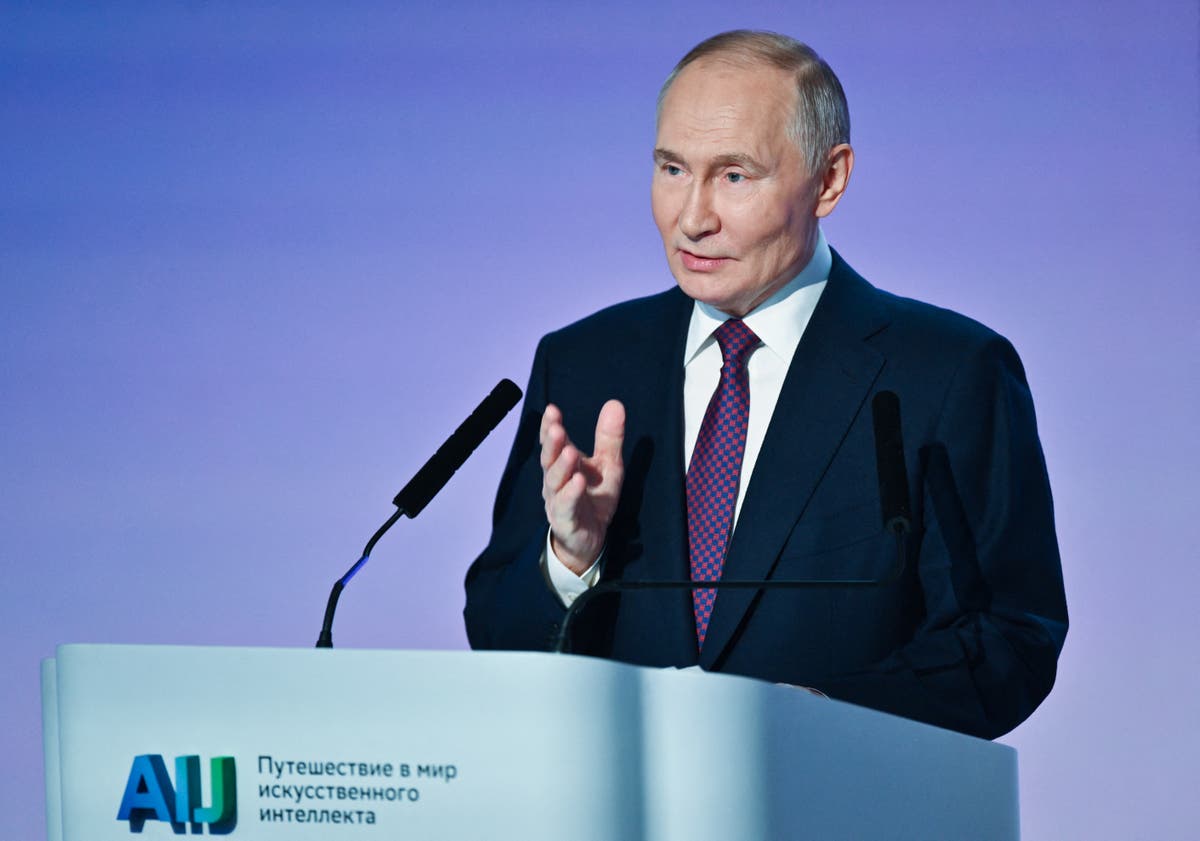
Ukraine-Russia war latest: Russians told not to travel to West as Putin could use new missile in ‘coming days’
The Independent
Russia-Ukraine war: List of key events, day 1,019
Al Jazeera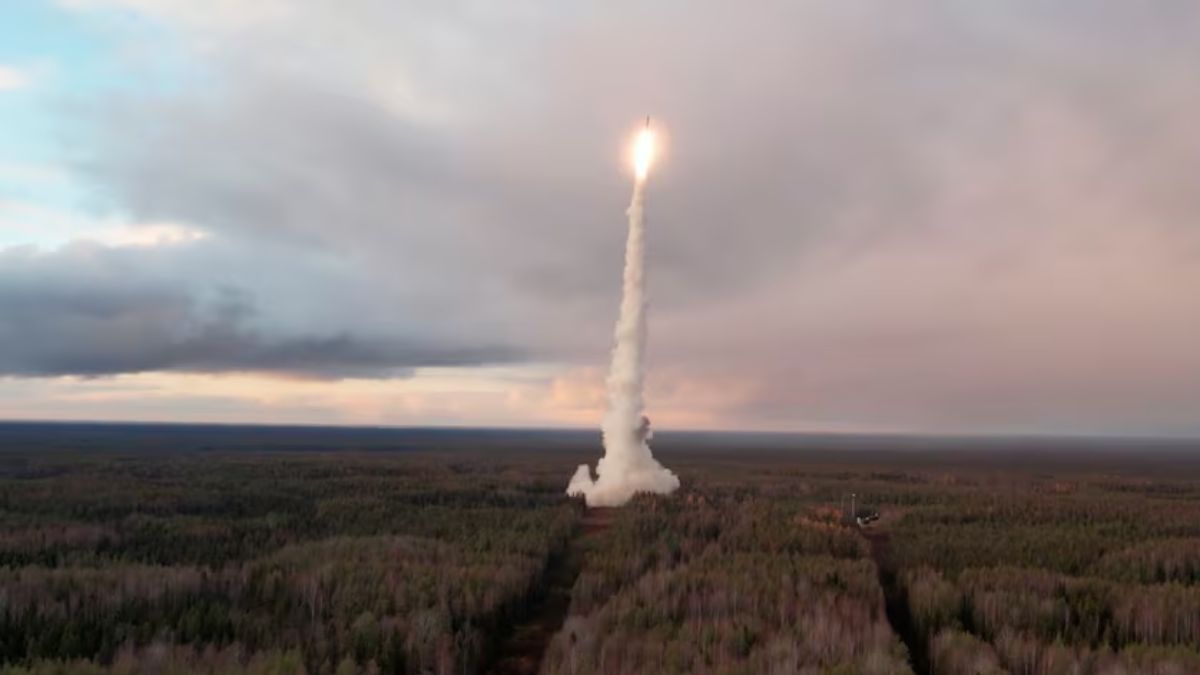)
When Ukraine gave up world's 3rd-largest nuclear arsenal, did it set stage for Russian invasion?
Firstpost
Opinion: Biden should arm Ukraine to the teeth to prepare for the best negotiated peace
LA Times
Ukrainian President Volodymyr Zelenskyy calls for NATO membership for unoccupied Ukraine to end ‘hot phase’ of war
Live MintRussia-Ukraine War: NATO’s New Missile Strategy Risks Nuclear Conflict While Europe Celebrates Christmas
The Hindu
‘Most dangerous stage’: The view from Russia as Ukraine war escalates
Al Jazeera
Putin threatens Ukraine in remarks after former-Soviet states security summit
NPRThe week that upped the stakes of the Ukraine war
Associated Press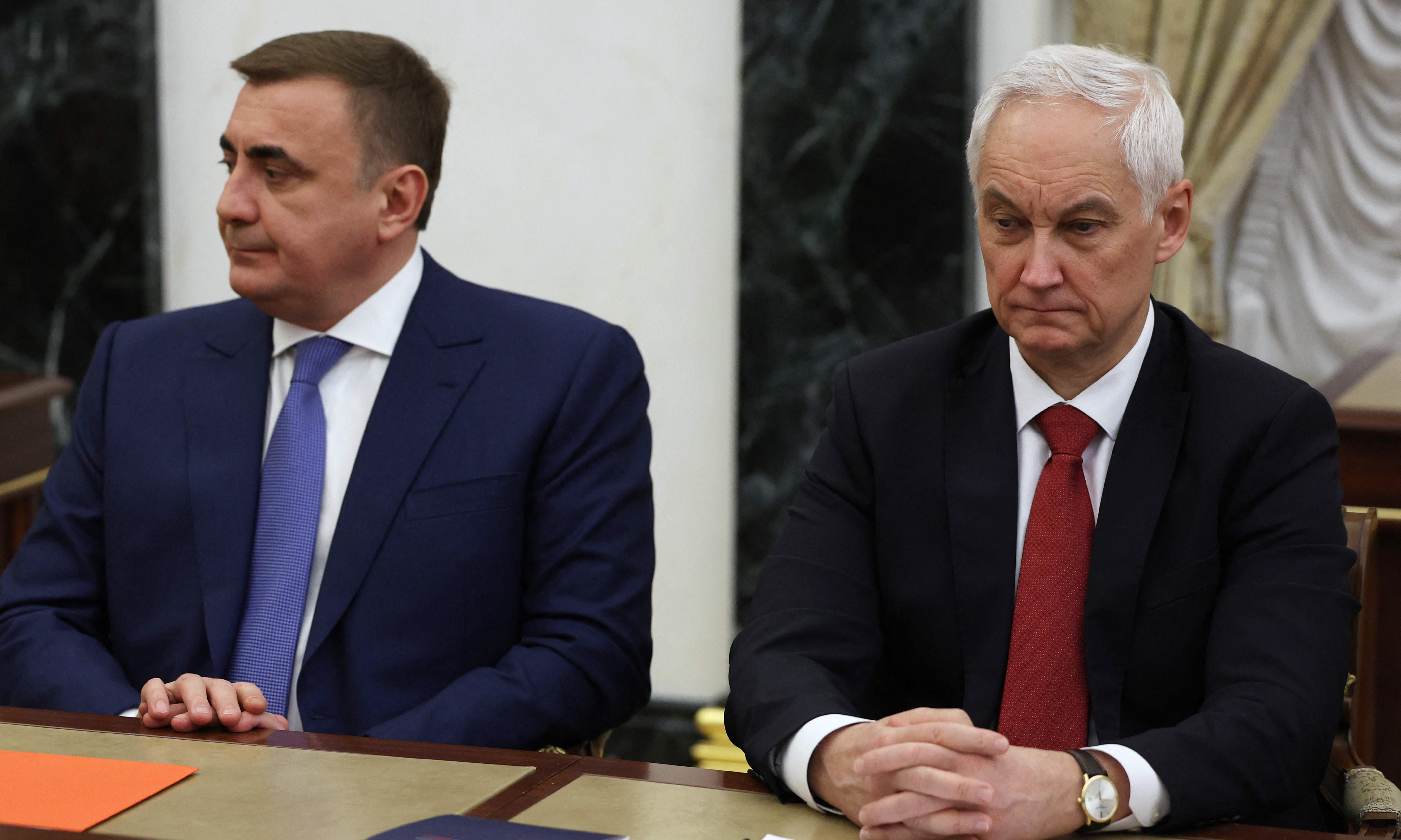
NATO, Ukraine to hold emergency talks after Russia's attack with new hypersonic missile
Deccan Chronicle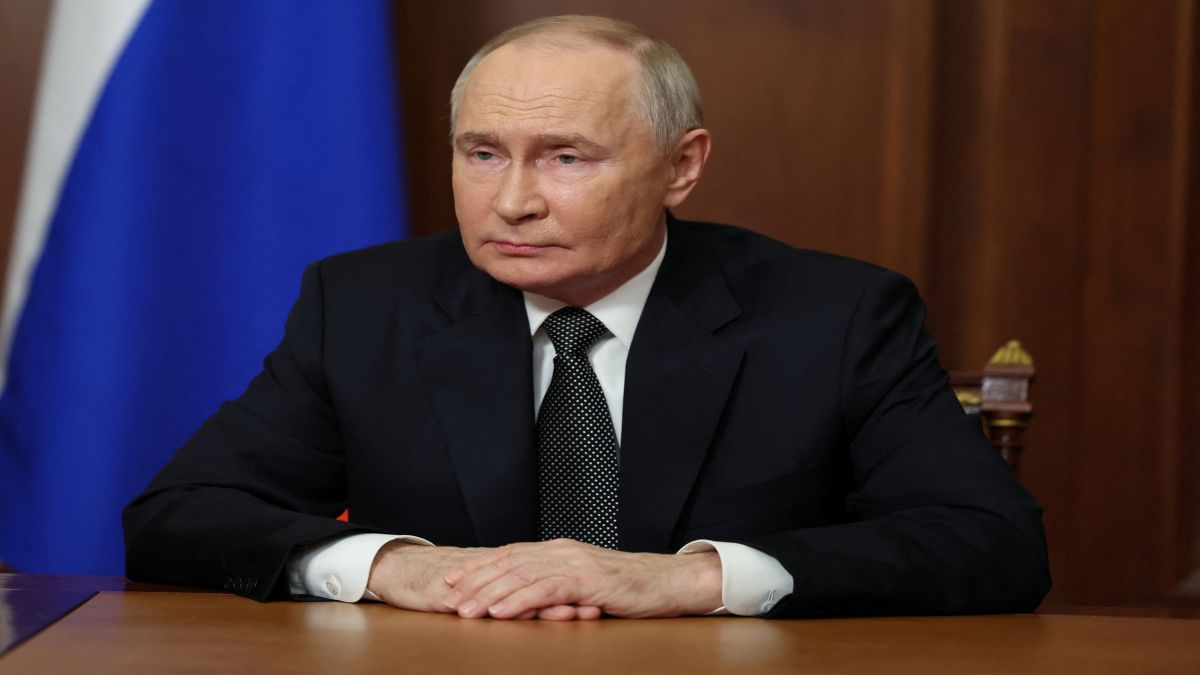)
Russia-Ukraine war is escalating: What changed in last six days?
FirstpostDonald Trump's influence on Ukraine war already starting to show as new world order emerges
ABC
Putin opens door to Donald Trump’s peace deal but Ukraine must make huge concessions; will Zelenskyy accept the plan?
Live Mint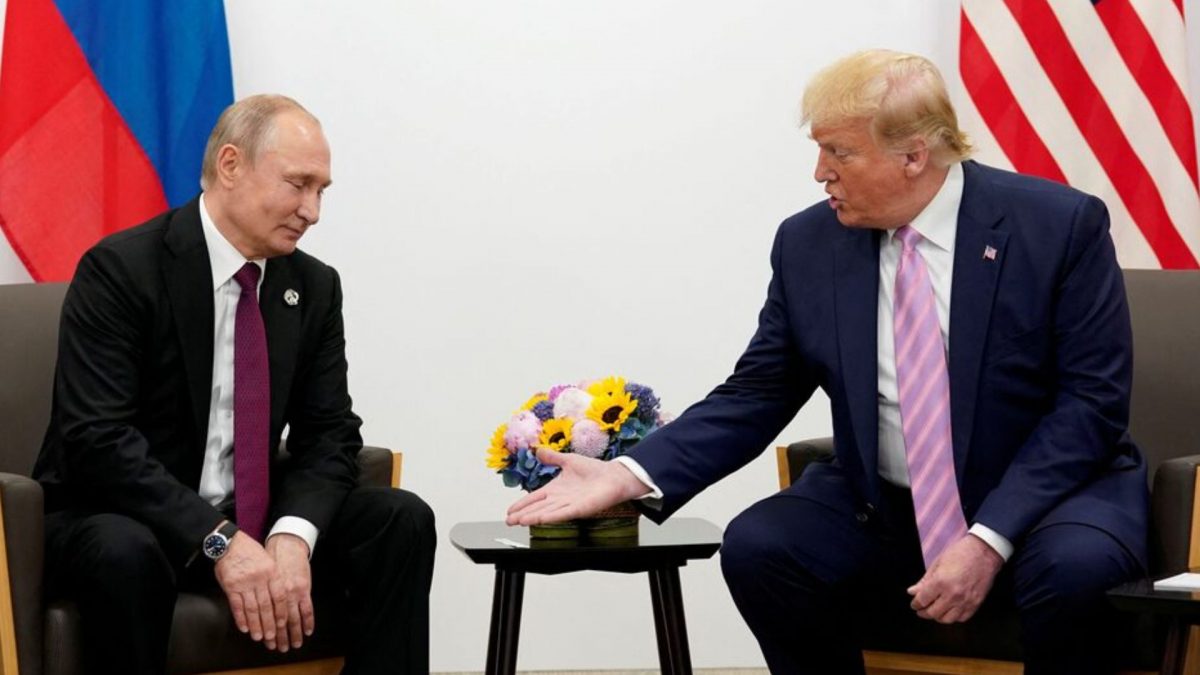)
Putin open to discuss Ukraine ceasefire with Trump if Zelenskyy abandons Nato dream: Report
Firstpost
Mint Quick Edit | Don’t let the Russia-Ukraine conflict escalate further
Live Mint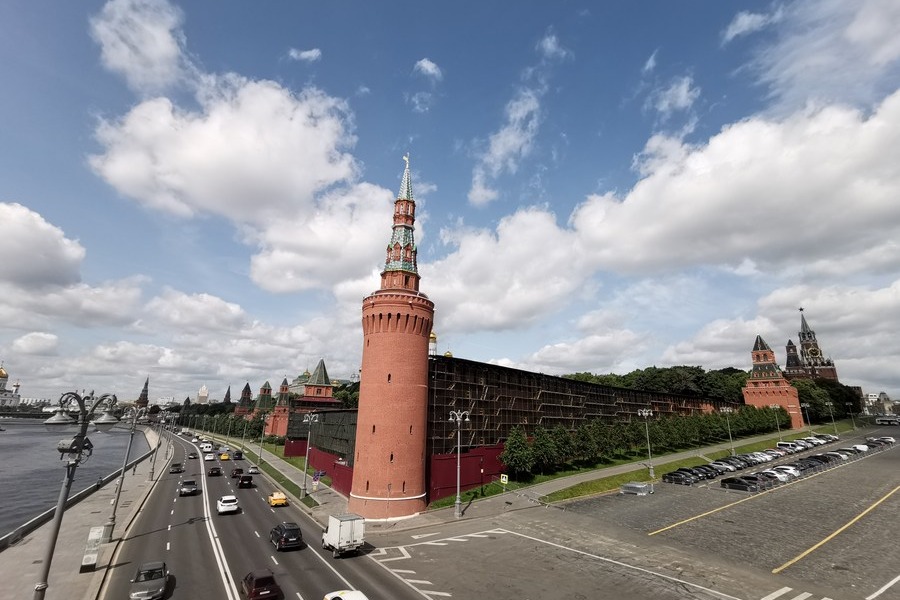
Kremlin warns of possible nuclear response if Kyiv uses Western-made missiles
China DailyRussia says Ukraine fired US-made tactical missiles at military facility in Bryansk border region
ABC
Russia vows response after Ukraine fires long-range US missiles
New Indian Express
Kremlin warns of possible nuclear response if Kyiv uses Western-made missiles
China Daily
Ukraine fires US-made long-range missiles into Russia for first time
Hindustan Times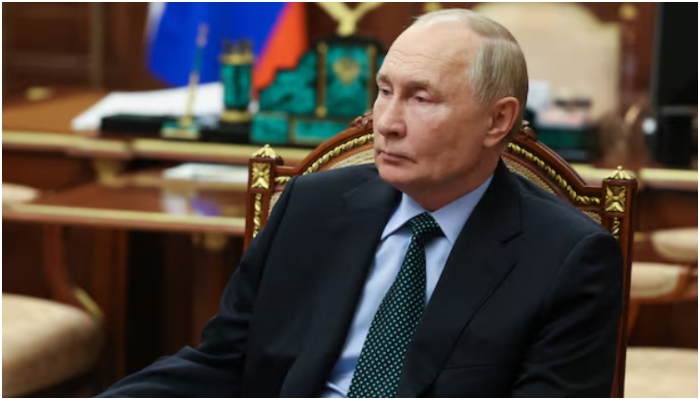
Putin signs a new nuclear weapons doctrine in warning to the West over Ukraine, details
Op India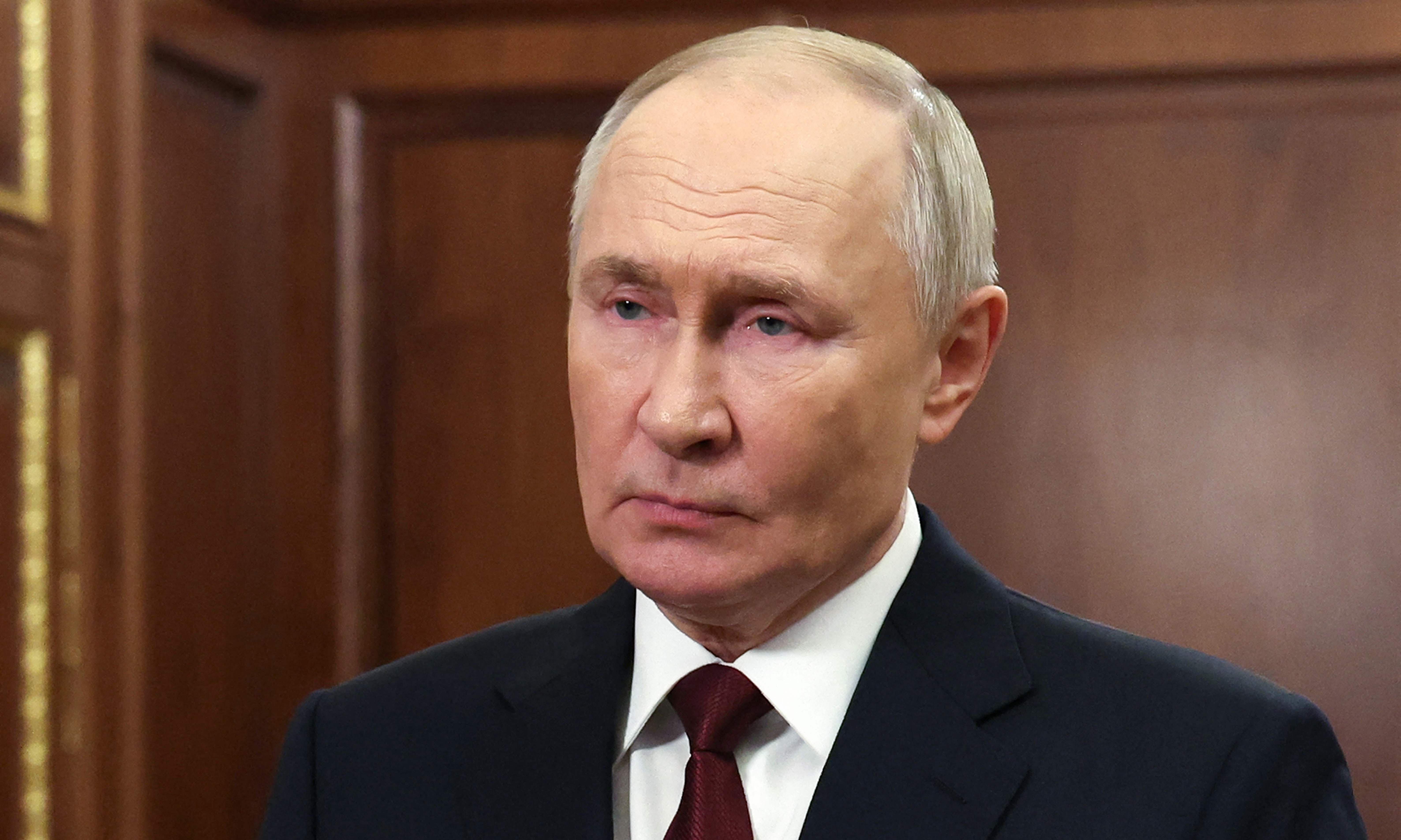
Putin signs new Russian nuclear doctrine after Biden's arms decision for Ukraine
Deccan ChroniclePutin lowers the threshold for using his nuclear arsenal after Biden’s arms decision for Ukraine
Associated Press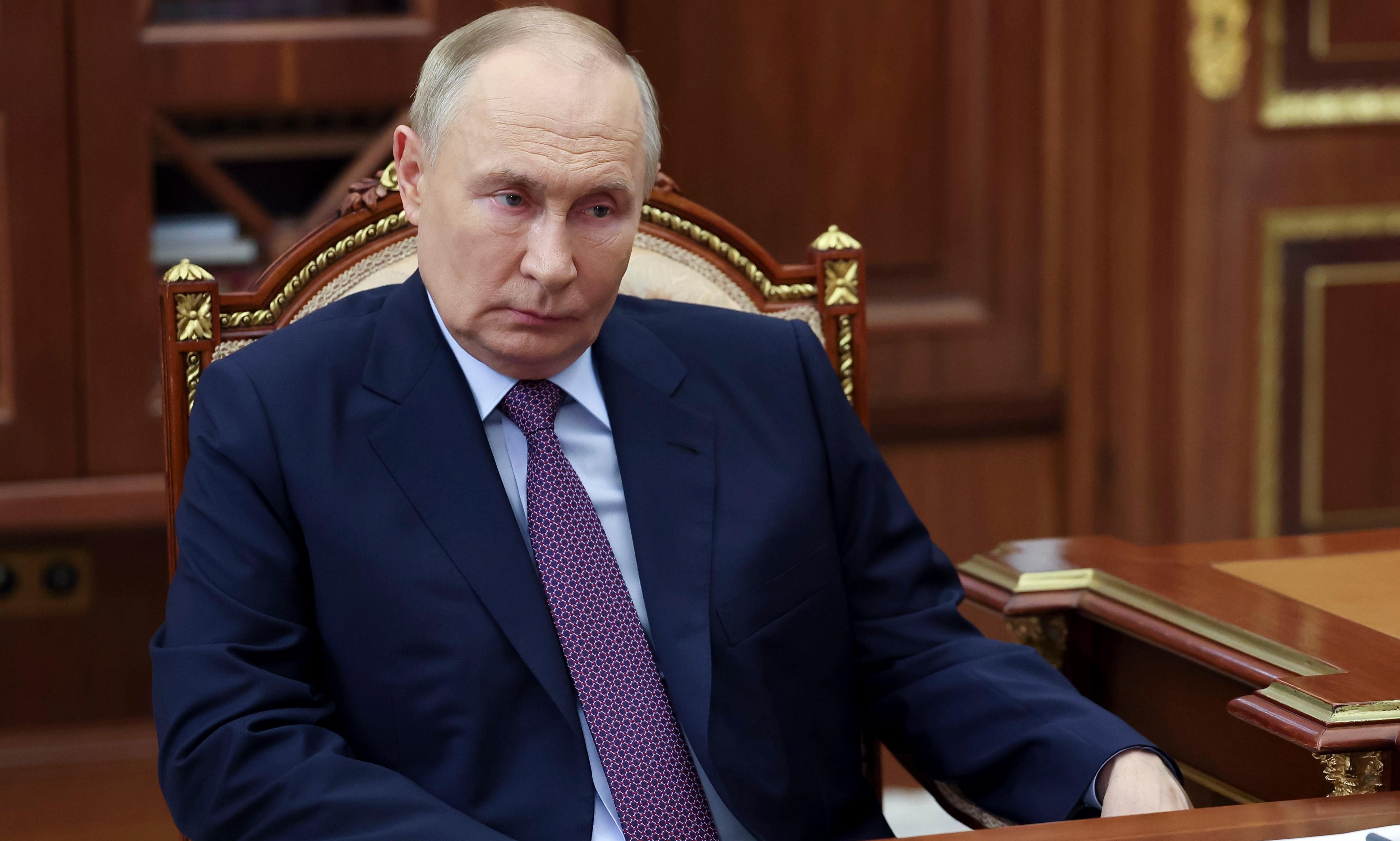
Kremlin vows response if Ukraine fires US missiles into Russia
Deccan Chronicle
Putin signs new Russian nuclear doctrine after Biden's arms decision for Ukraine
New Indian Express
Russia revises nuclear doctrine as US allows Ukraine to use American missiles
India Today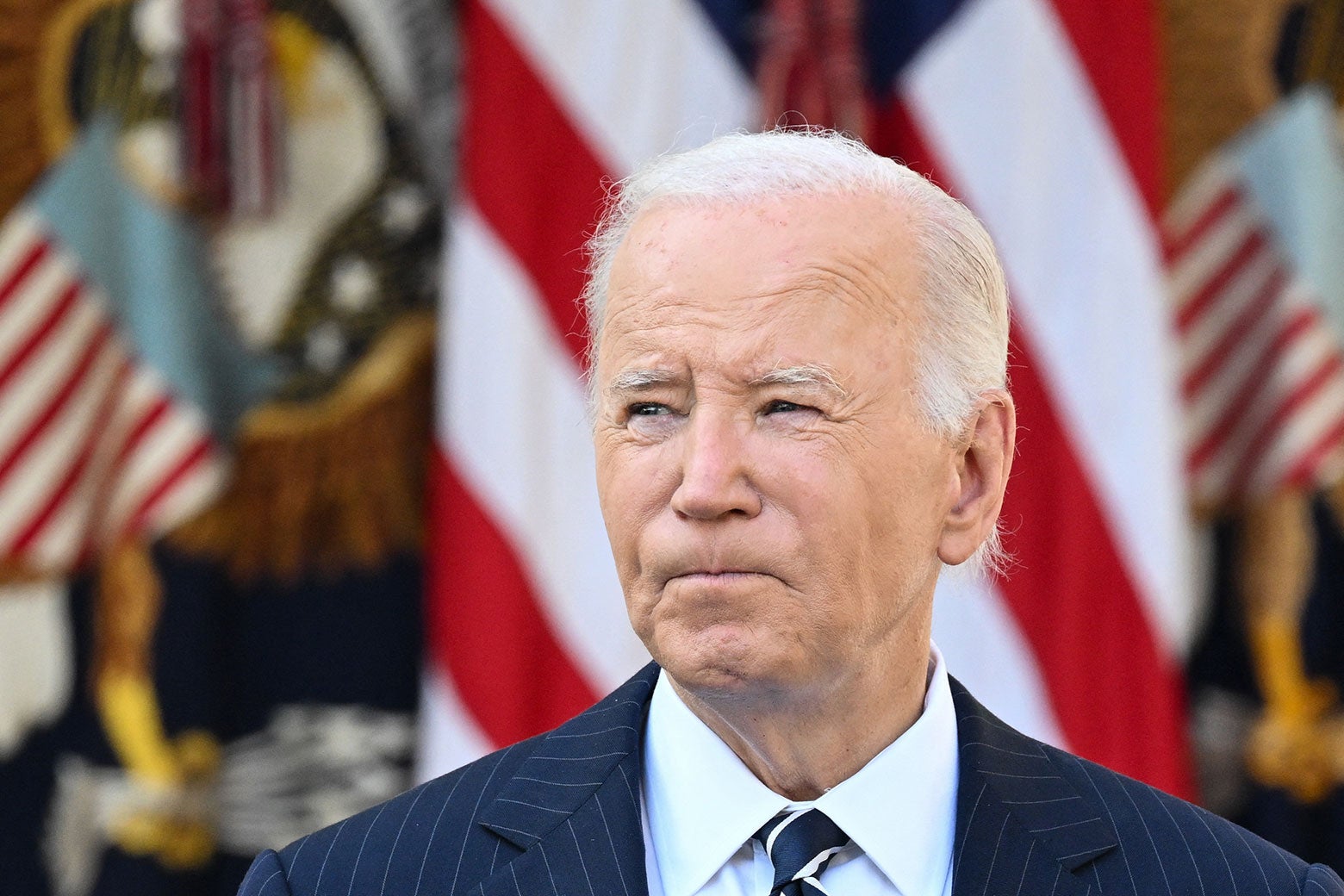
Biden Ukraine missiles: Trump’s win has changed the White House calculus on Putin.
Slate)
Is Nato 'at war' with Russia now?
Firstpost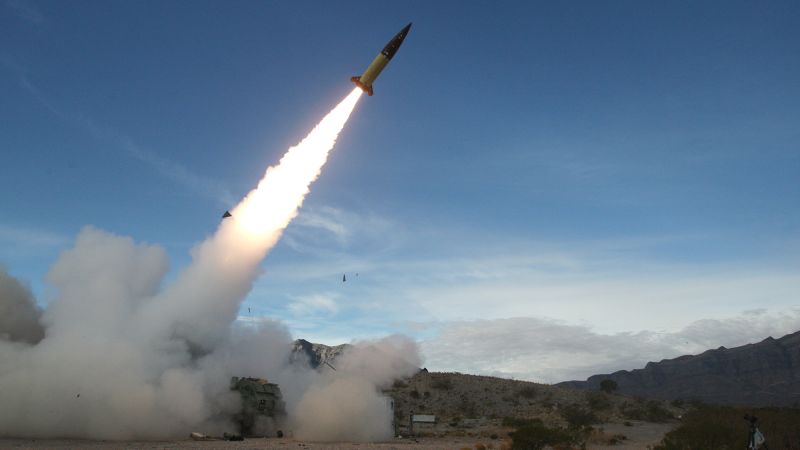
Live updates: Ukraine-Russia war, US allows Kyiv to make long-range missile strikes into Russia
CNN
Zelenskyy says Ukraine up against 50,000-strong force in Russia’s Kursk
Al Jazeera
Zelensky outlines his ‘victory plan’ to Ukraine’s lawmakers, including a call to join NATO
LA TimesRussian forces advance on Ukraine frontline city after Crimea oil depot attack
ABC
Russia invokes its nuclear capacity in a U.N. speech full of bile toward the West
LA TimesPutin lowers threshold of nuclear response as he issues new warnings to the West over Ukraine
Associated Press
Talk of Ukraine’s missile deal riles Russia; Kyiv vows to make more weapons
Al Jazeera
Russia-Ukraine war: List of key events, day 933
Al Jazeera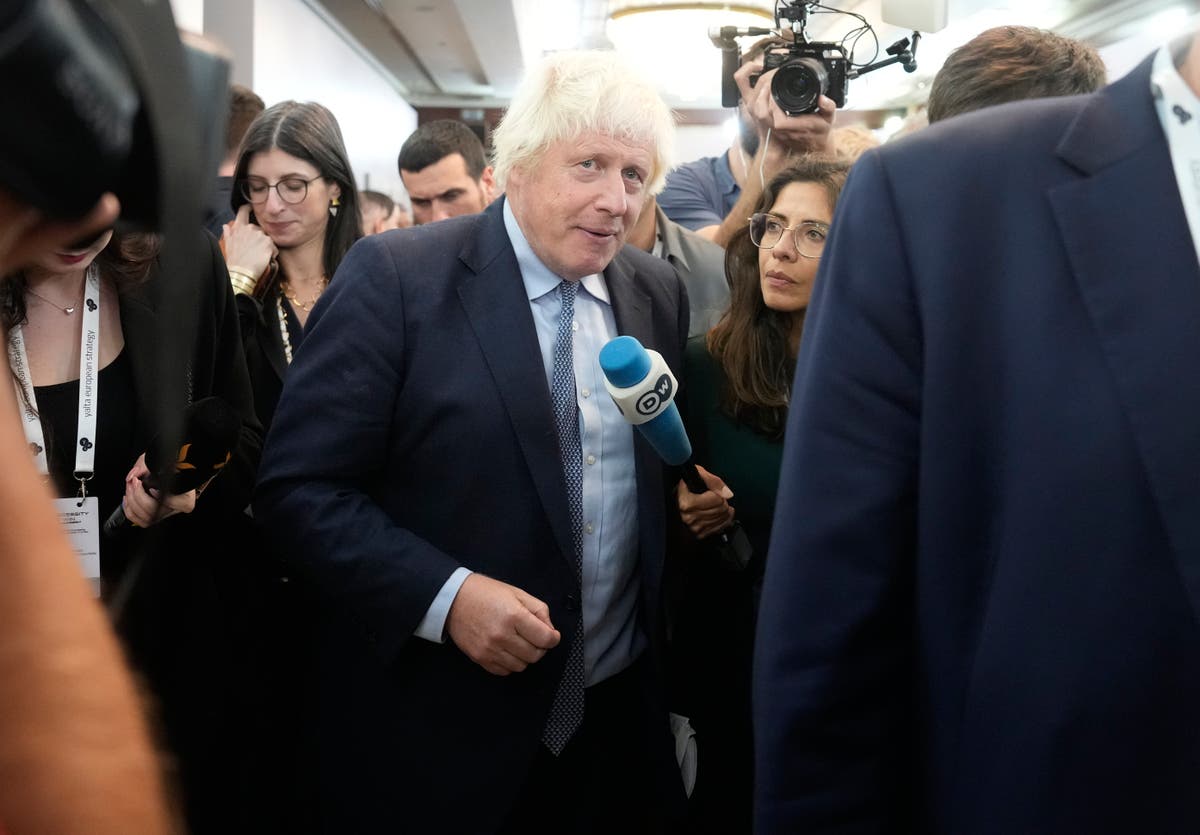
Boris Johnson pressures Starmer and Biden to let Ukraine use long-range missiles after Zelensky meeting
The Independent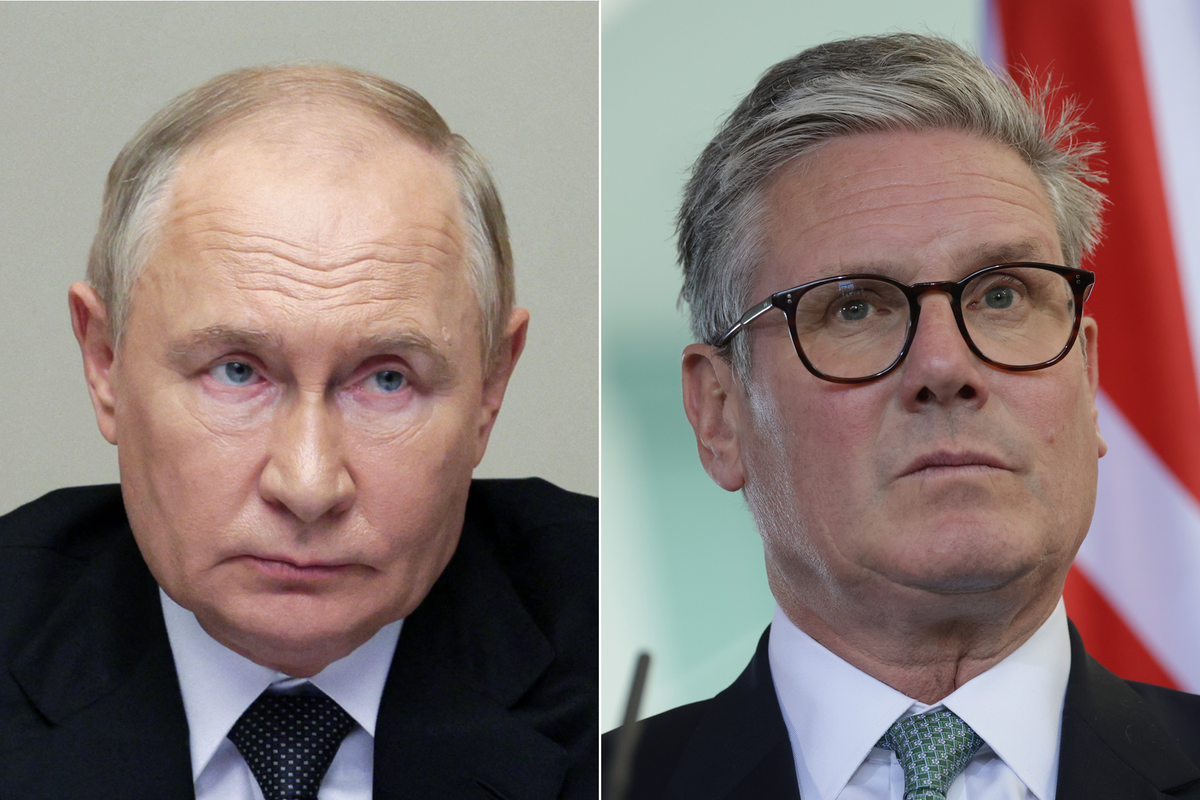
Could Britain really go to war with Russia?
The Independent)
At military aid meeting in Germany, Ukraine asks for long-range arms to push Russia into peace talks
Firstpost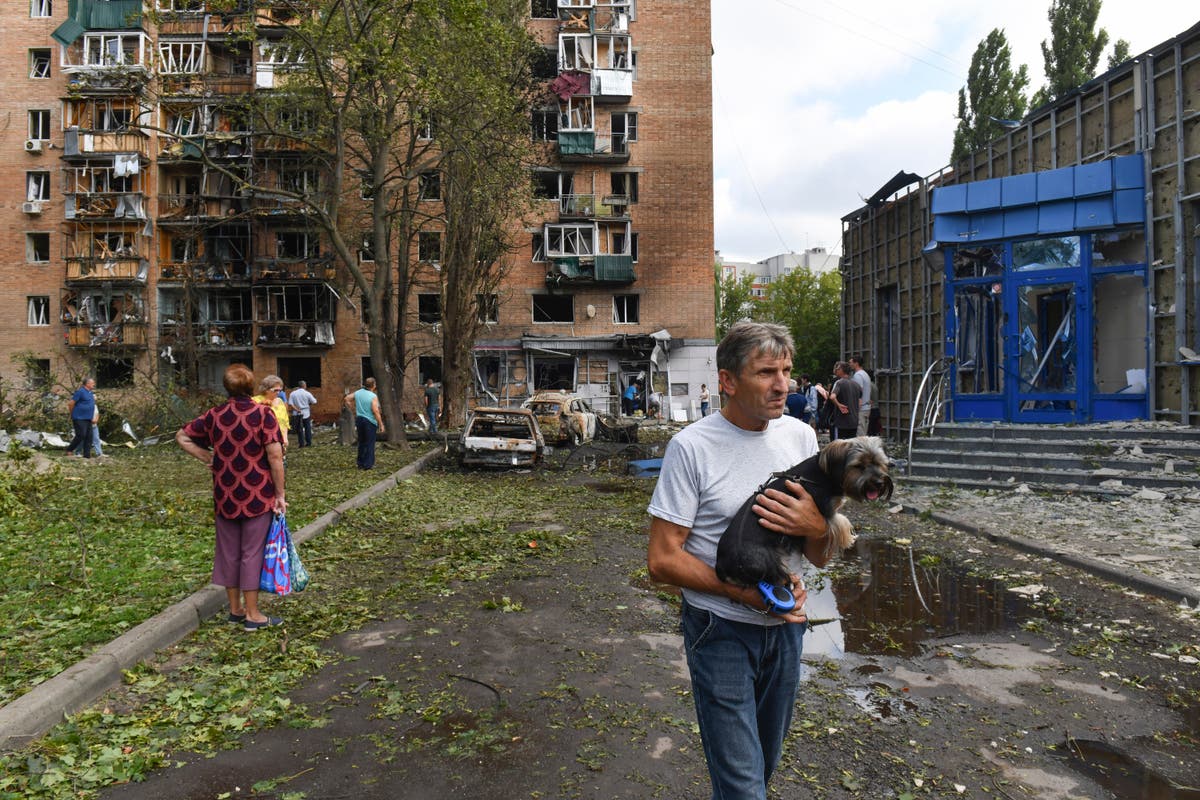
What is Ukraine really up to with its audacious Kursk land grab?
The IndependentUkraine’s daring offensive intensifies pressure on US to ease cautious approach to the war
Associated Press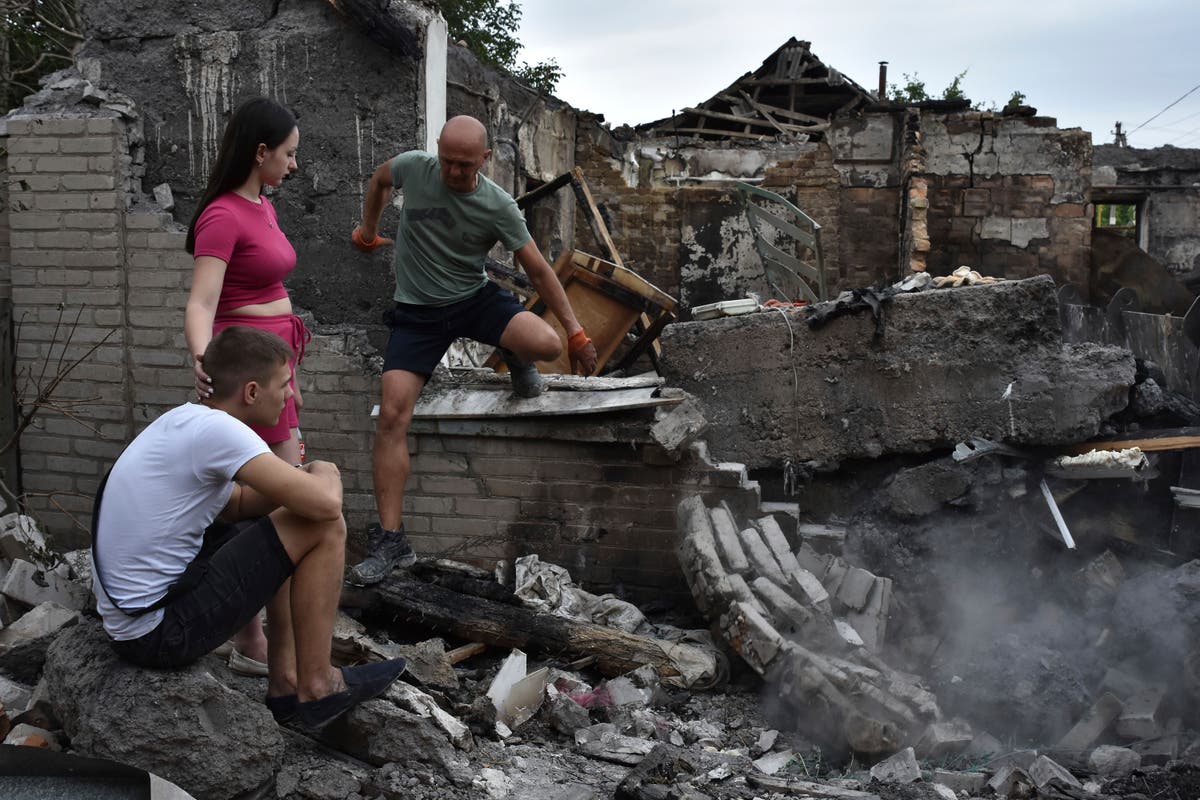
Ukraine's Russia offensive is risky. To get a boost, it wants less US caution on weapons
The Independent
Missile barrage on Ukraine prompts calls to lift curbs on striking inside Russia
Live Mint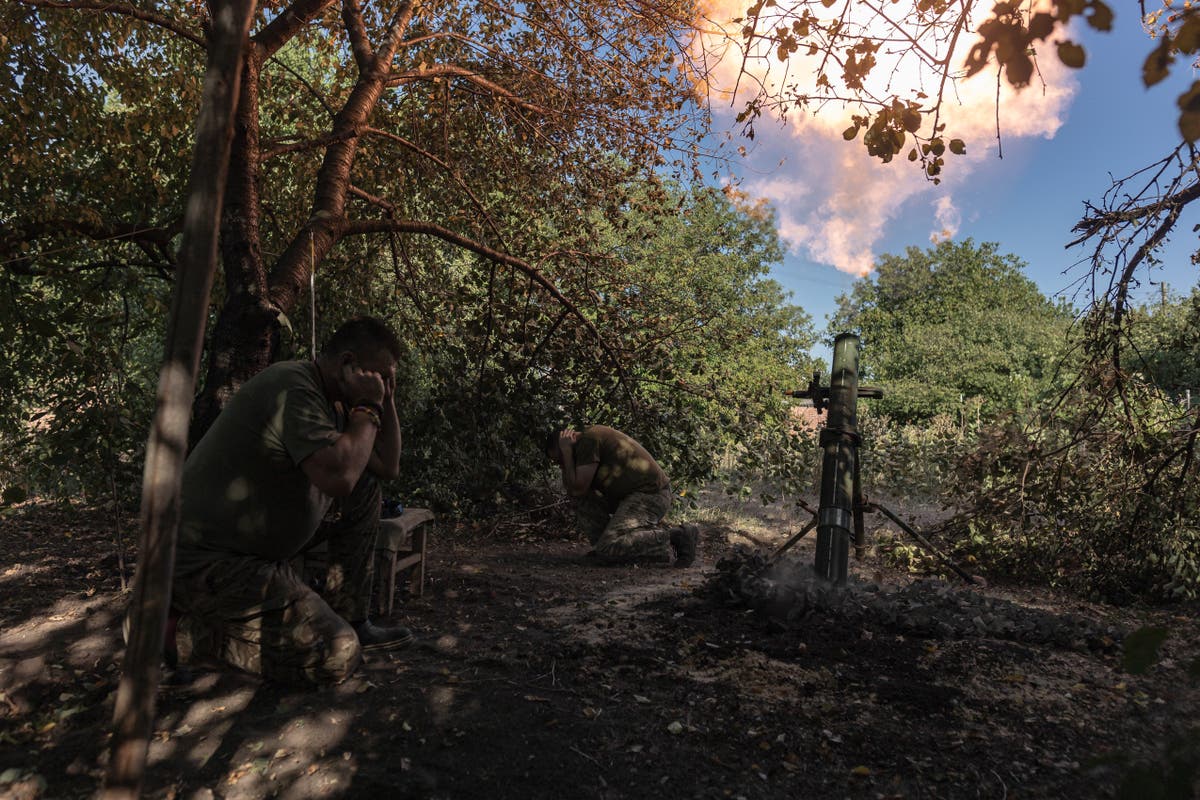
What is happening in Ukraine’s east frontline as Putin’s forces advance?
The Independent
Which countries’ weapons is Ukraine using in Russia incursion?
Al JazeeraThree bridges damaged in Ukraine attack on Seym River, says Russian military
The HinduUkraine has destroyed or damaged all 3 bridges over Russia’s Seym River, Russian sources say
Associated Press
Ukraine strikes on bridges could potentially trap Russian troops at border
LA TimesDiscover Related


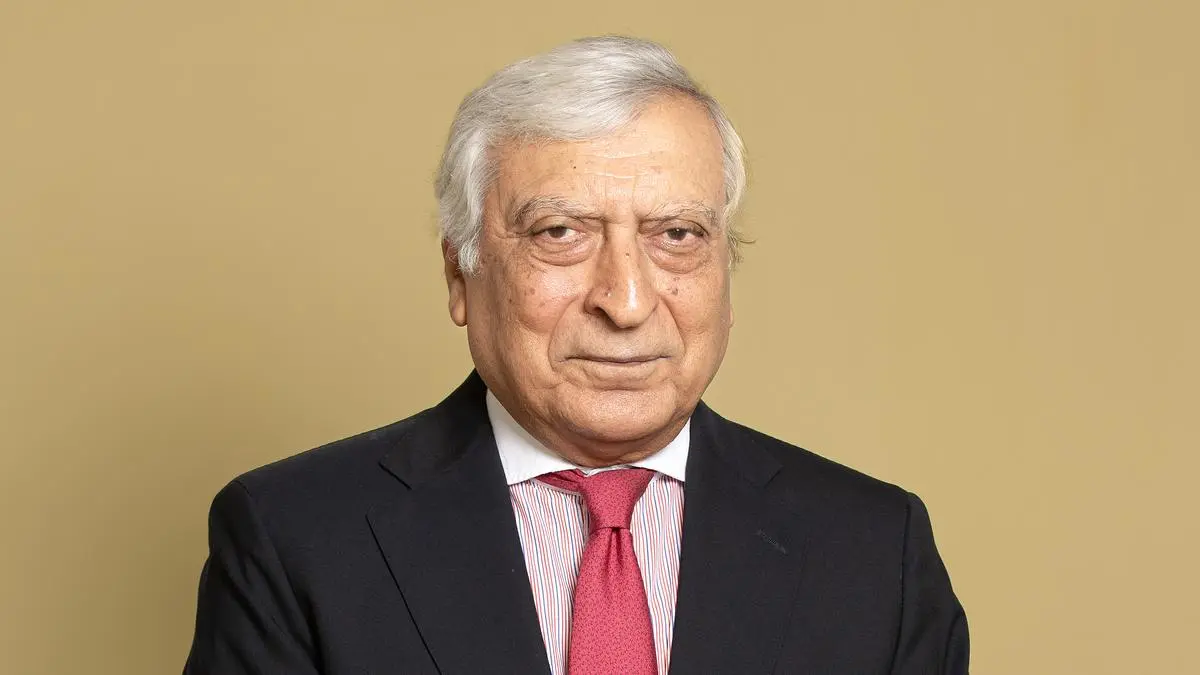


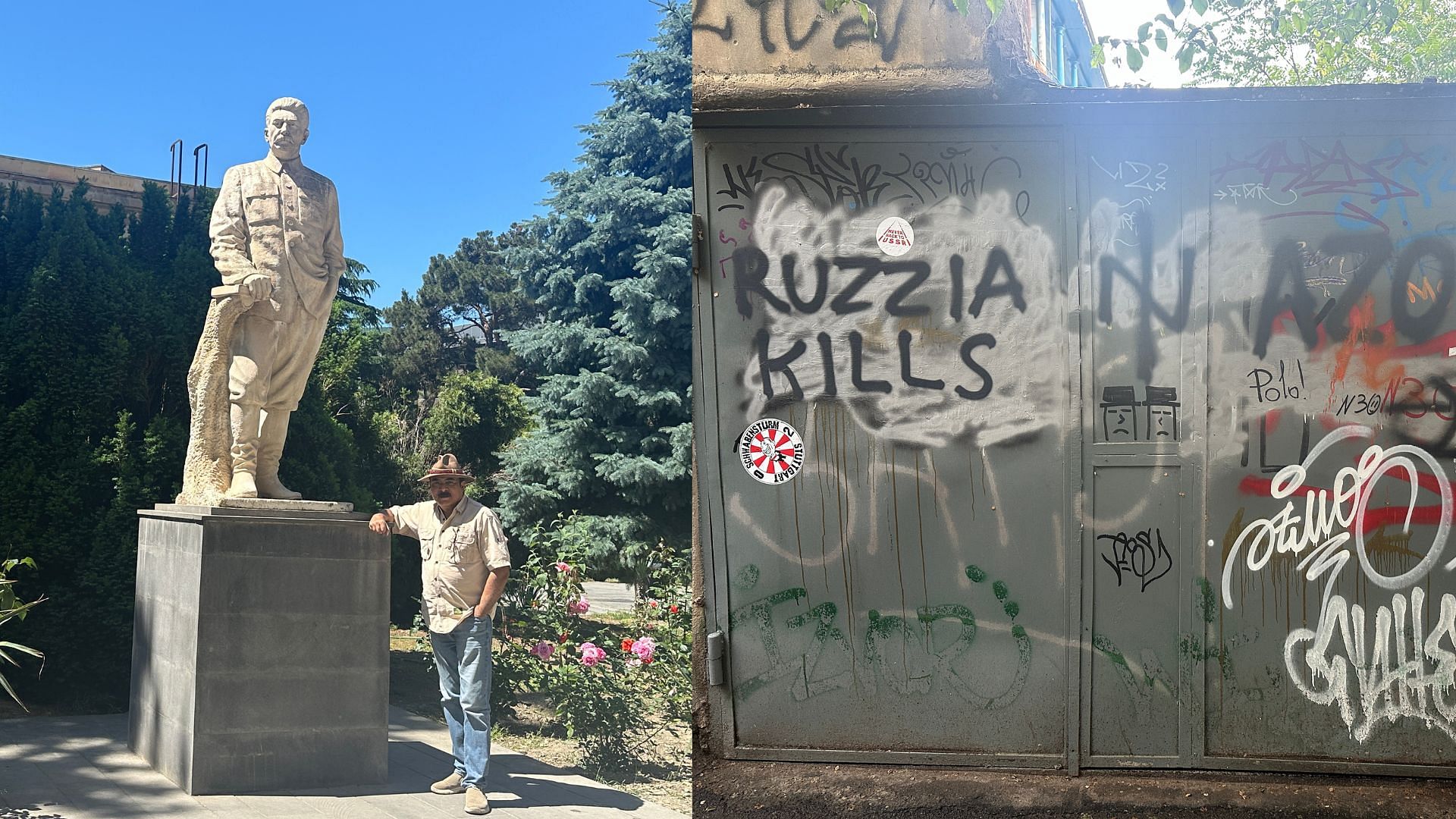







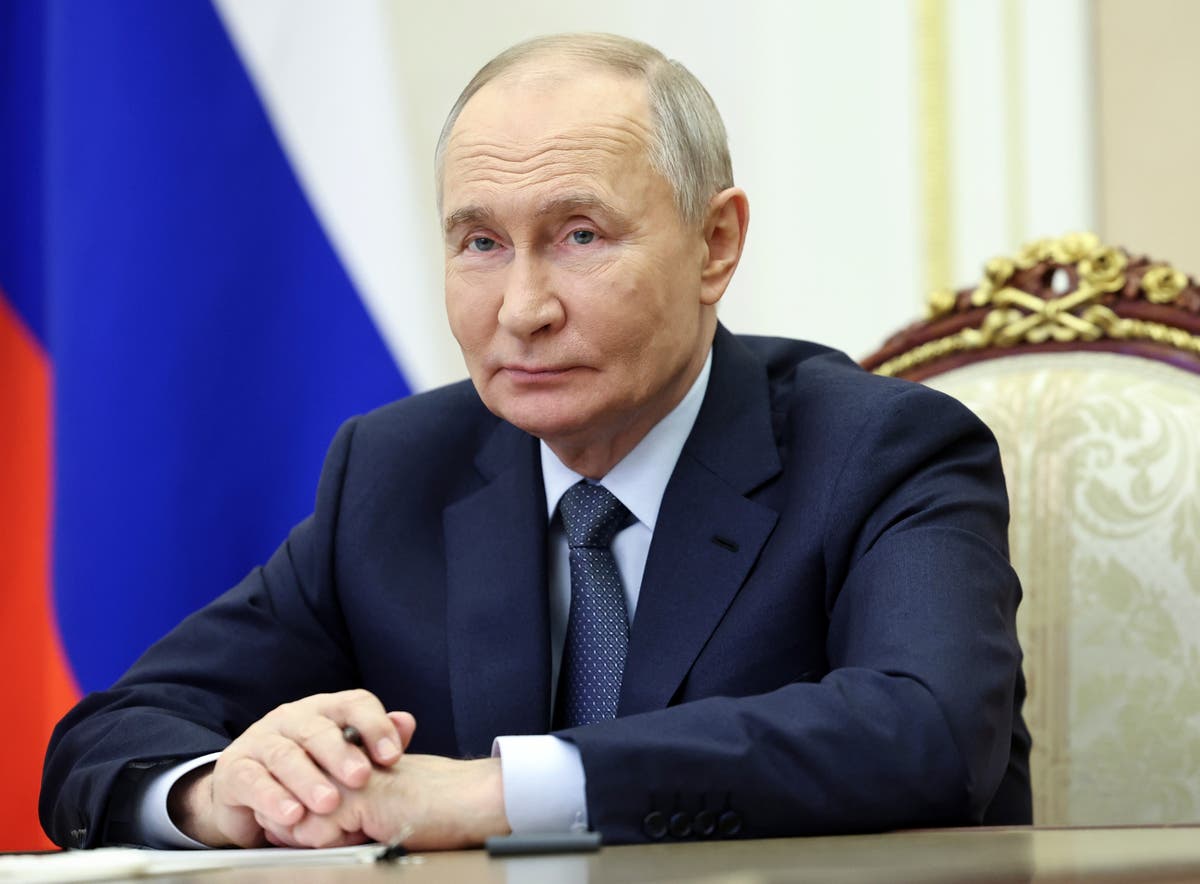
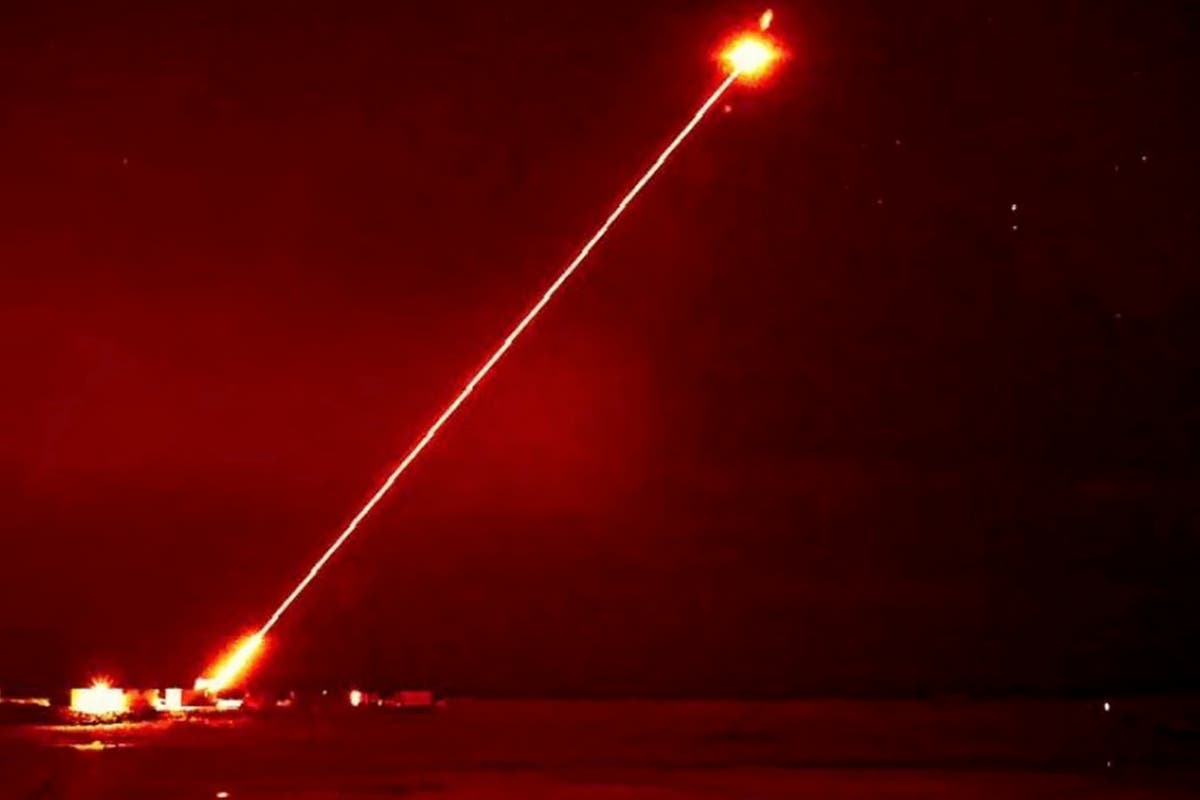







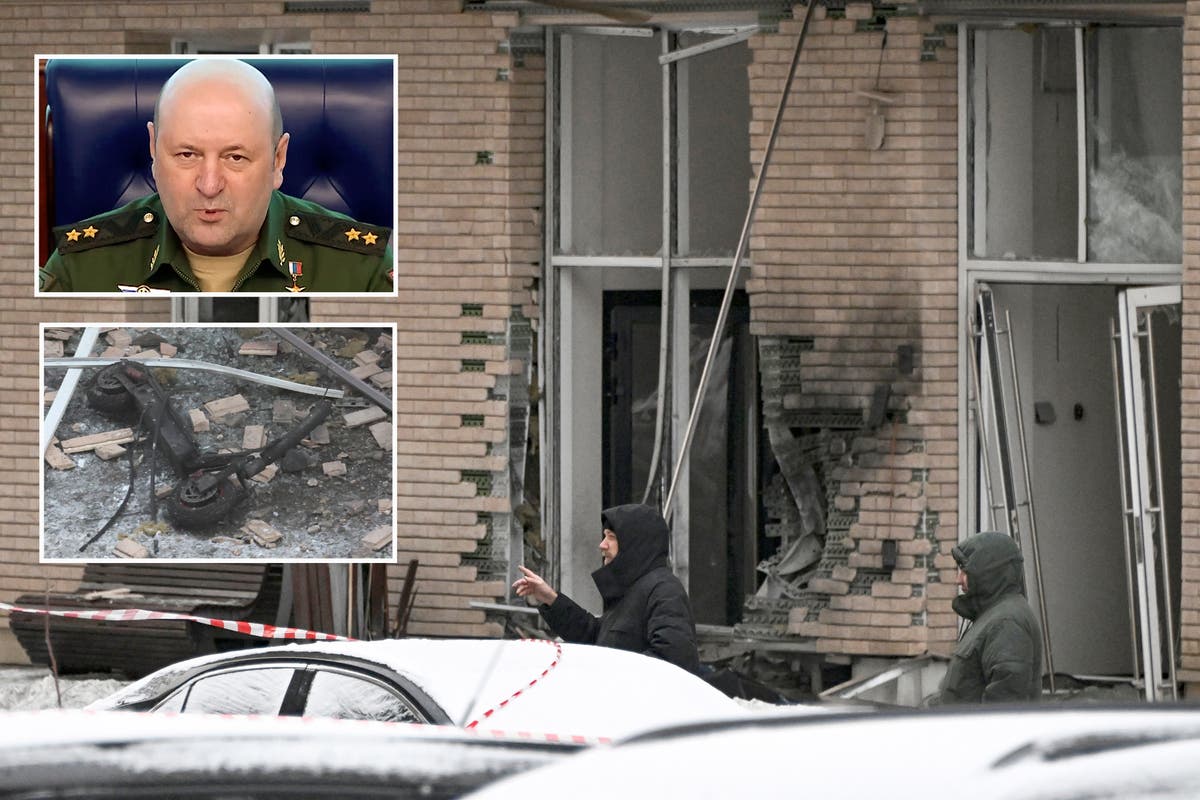


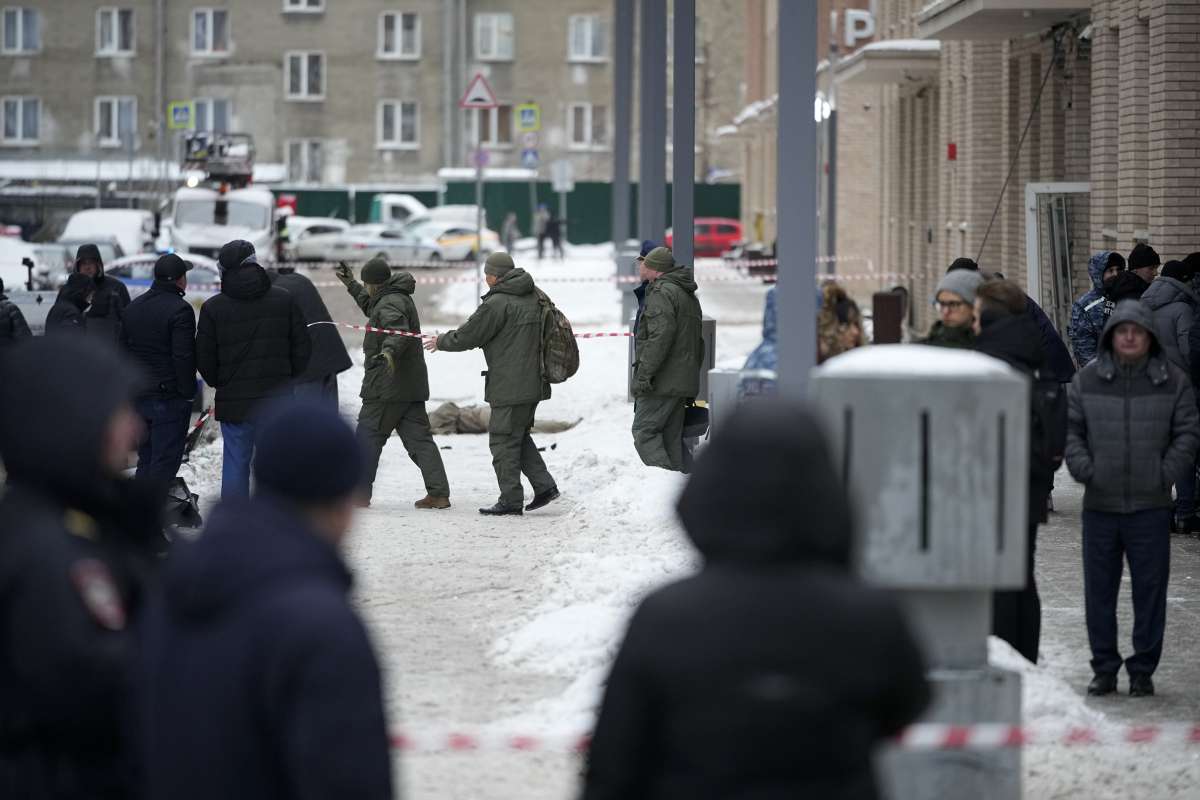
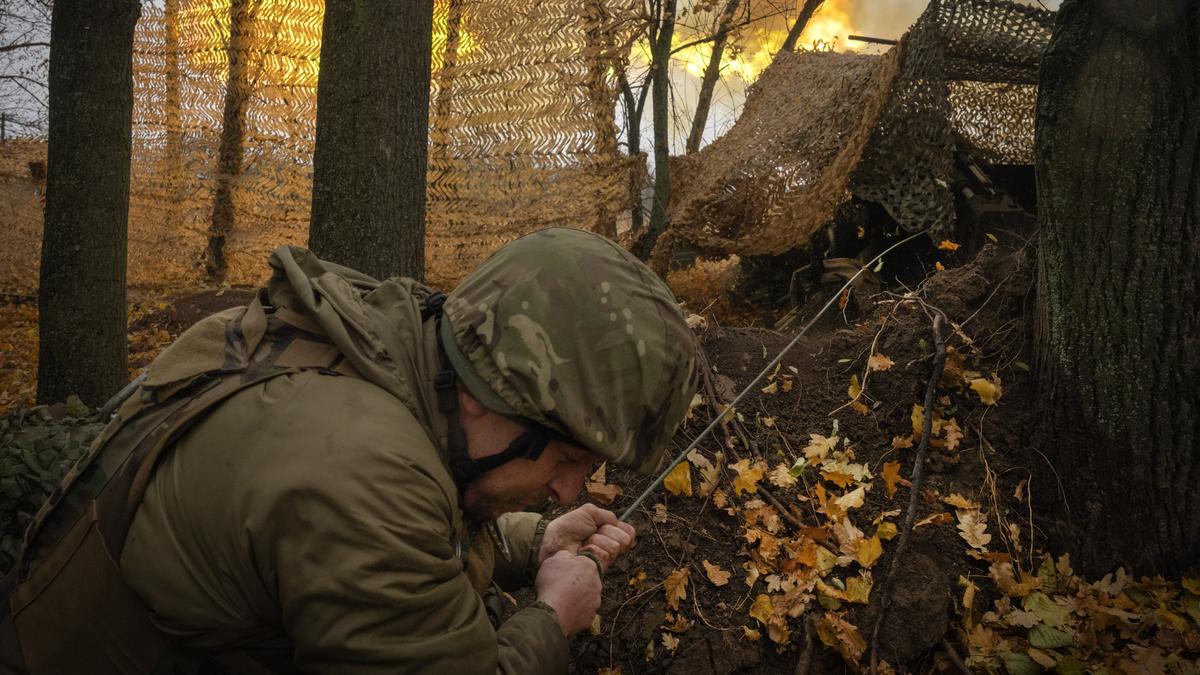
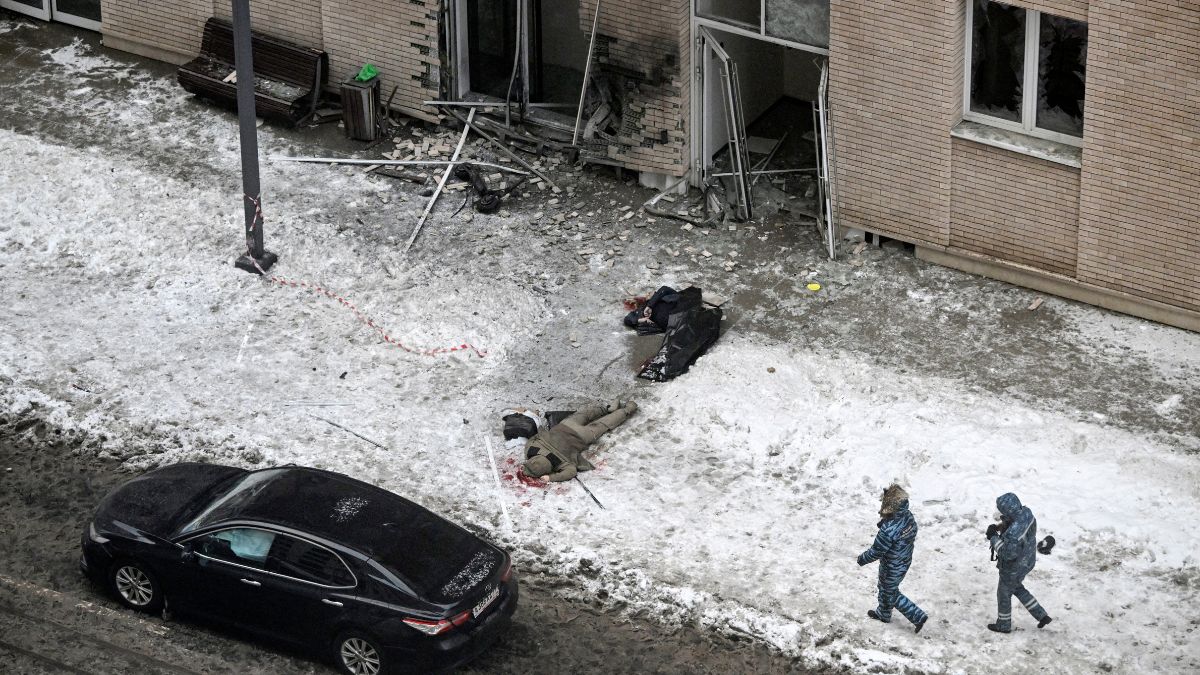)
)
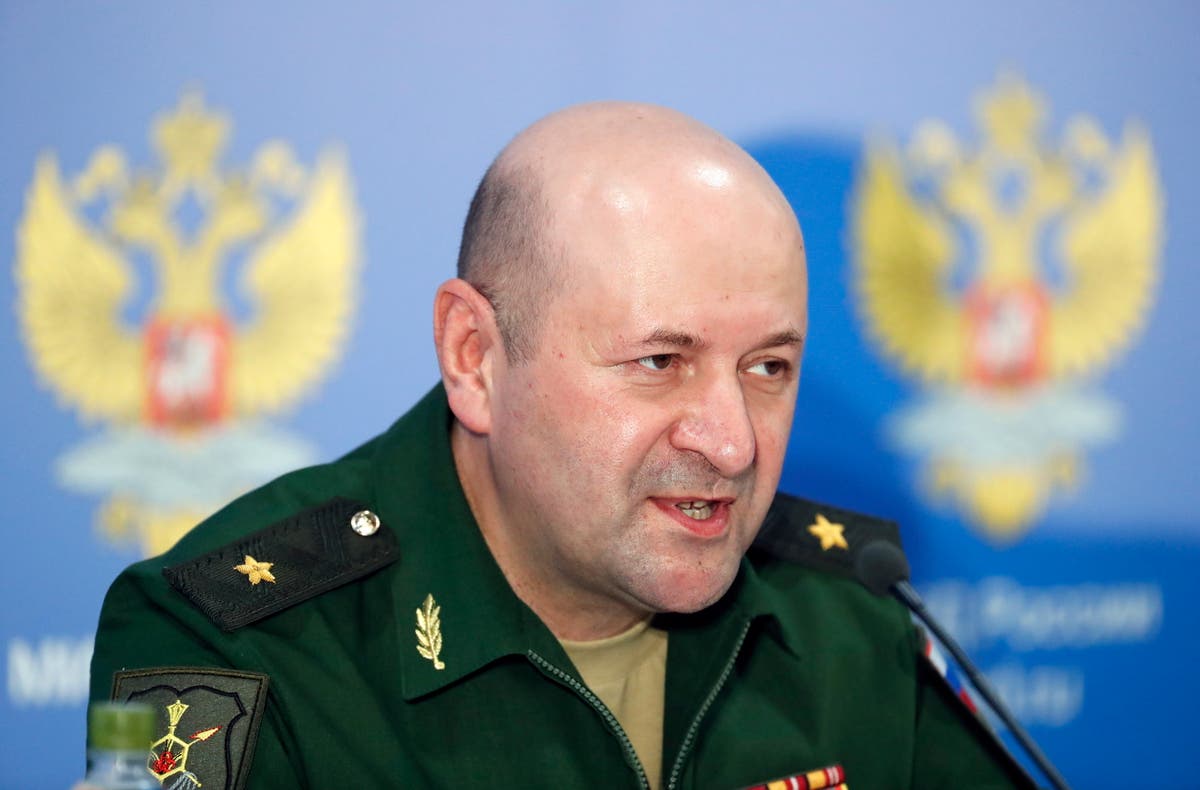

)
